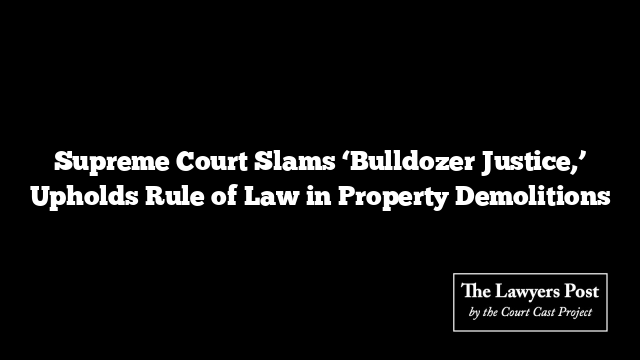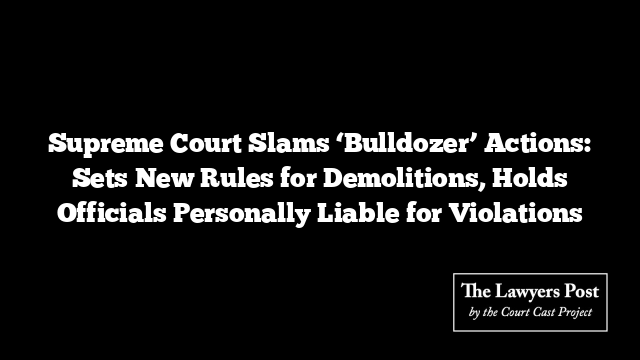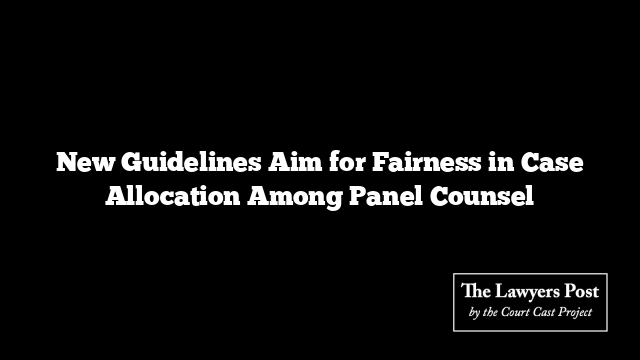In a strong rebuke to the growing trend of “bulldozer justice,” the Supreme Court declared that property demolitions cannot be carried out based solely on criminal accusations or convictions. The Court emphasized that such actions violate the core principles of due process, separation of powers, and the rule of law, asserting that only the judiciary has the authority to determine guilt.
The Court’s ruling came as part of a broader case involving petitions against the destruction of properties in several states, including Uttar Pradesh, Madhya Pradesh, and Gujarat, where homes were razed following accusations of criminal activity. The Court made it clear that demolishing properties as punishment for alleged crimes—before due judicial process—is an unlawful abuse of power by the executive.
“The executive cannot assume the role of the judiciary,” stated the Court, stressing that demolitions based on accusations alone would undermine legal protections and the fundamental concept of justice. The sight of bulldozers tearing down homes without the proper legal procedures, the Court argued, evokes memories of a lawless state where “might makes right.”
The Court further condemned such actions for imposing collective punishment on families and residents, many of whom are innocent or not involved in the alleged criminal acts. It highlighted the risks of selective demolitions, noting that when certain properties are targeted while others are left untouched, it raises concerns about the true motives behind the demolitions.
As part of its ruling, the Court laid down a strict set of procedures to prevent arbitrary demolitions in the future. These include mandatory show-cause notices, public hearings, and a clear justification of why demolitions are necessary. Importantly, demolition actions must be postponed for at least 15 days after the final order, allowing property owners the opportunity to contest or comply with the order.
The Court also ordered that all demolitions must be documented and monitored, with video recordings of the proceedings and reports submitted to higher authorities. Any officials found violating these procedures will face severe consequences, including personal liability for restitution and potential contempt charges.
The ruling is seen as a significant victory for those advocating against the misuse of executive power in demolition actions. It calls for a return to a more equitable and lawful approach to property rights, ensuring that no one is punished without due legal process.





